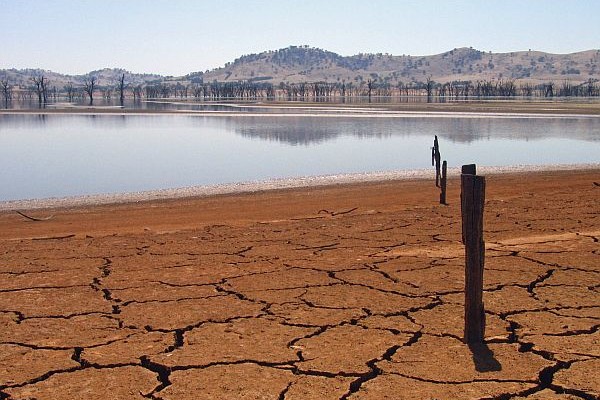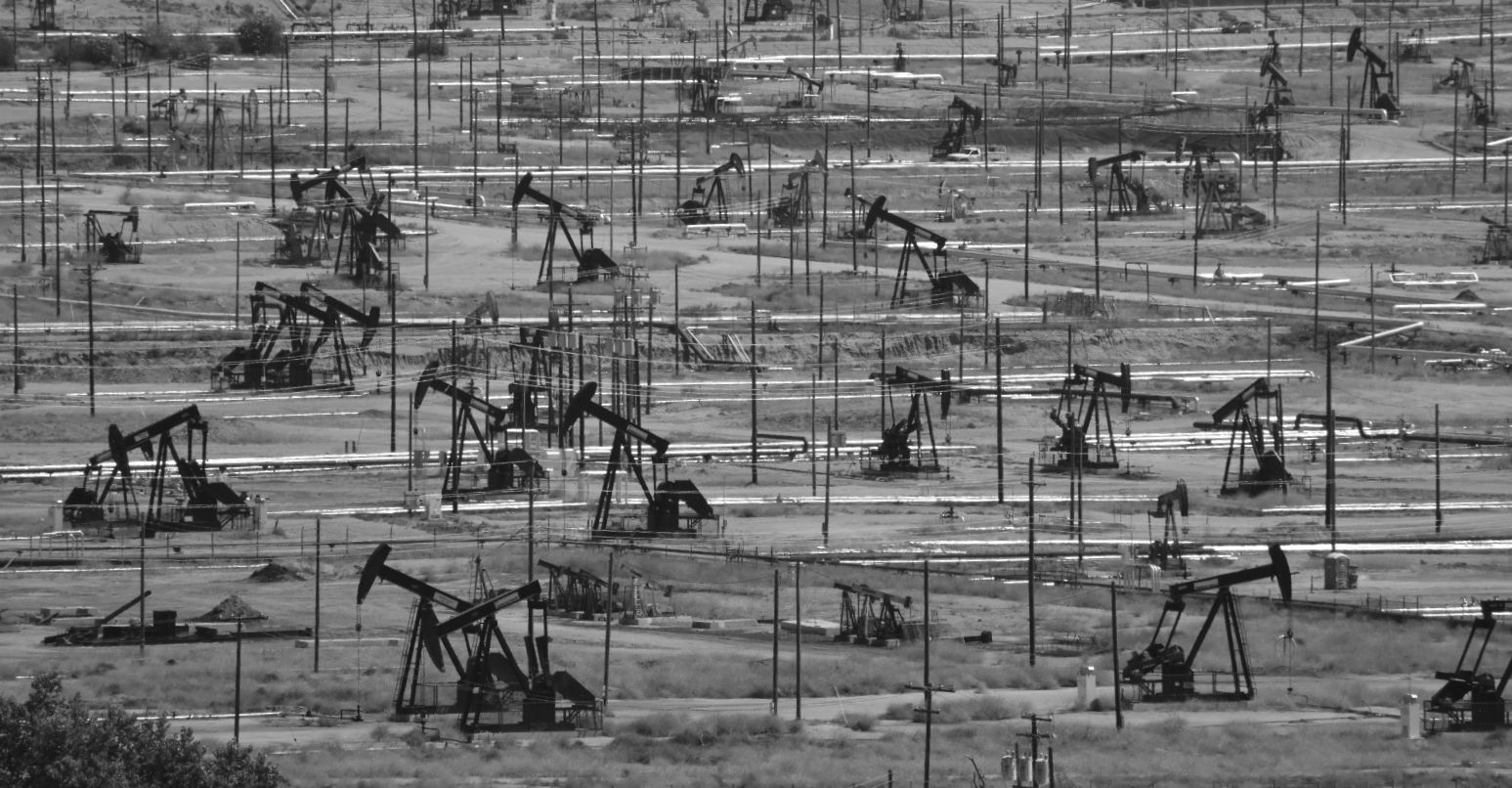This week, tens of thousands of people all across this continent will hit the streets in force to demand action on climate change. For many of them, staving off the looming climate apocalypse and protecting their future is the first issue that’s gotten them fired up enough to walk out of work or school and stand up to their governments in the street.
But for us as Aboriginal people, climate change is merely the latest chapter in a long history of dispossession and destruction of our lands, waters and bodies. It’s not just our future; it’s our past and present – and it’s our people on the frontlines. It’s my great uncle describing with sadness in his eyes the water in Gawuban Nandaa (the Severn River) as the lowest he’d seen in his 85 plus years. It’s tens of thousands of dead fish washing up in Girrii Girrii Gali (the Macintyre), it’s the planned desecration of Gomeroi sacred sites for Shenhua coal, and it’s seeing what was once my grandparent’s farm and family home now the site of another mega coal mine. Songlines, sacred sites, stories and memories – all predestined for destruction by the insatiable land lust that is the colonial project.
Yet too often, when we’ve stood up to the powers that be, those who now demand action have been silent. With tens of millions of dollars and hundreds of paid organisers and campaigners at their disposal, the environment movement (with a few notable exceptions) have done very little to provide material support to the fight for Aboriginal sovereignty and land rights, and even less when they do not see it as strategic for their own campaigns. Yet Indigenous stewardship of land is perhaps the most critical weapon at our disposal in the fight against climate change. Even though Indigenous people have tenure over just 25 per cent of the world’s land, we protect 80 per cent of its biodiversity. Indigenous land management practices help both mitigate climate change and protect environments from its impacts. Indigenous people here and around the world have been on the frontline of resistance to fossil fuel projects, even when legal systems don’t give us the right to say no and the green NGOs offer little support.
Our mob have been linking land and economic justice for a long time, and it seems it’s catching on in the climate movement too. After years of predominantly single-issue campaigns, people are hungry for systemic change at the scale required to address the crisis that confronts us. The campaign for a Green New Deal – an economy wide shift to create clean, green jobs and end our dependence on fossil fuels, has proved attractive to many in the environment movement here. But rather than look to those who have adapted to climate change again and again over millennia on this continent, and have been fighting the root causes of this crisis for centuries, they continue to come to us with their solutions pre-determined. What gives colonisers the moral authority to mandate the solutions, when the colonisation they benefit from is a root cause of the issue?
Climate change presents a unique opportunity to remake society to be more just, more caring and less exploitative and greed-driven. It is in Indigenous knowledge systems that we will find the blueprint for building that society, and it is in the Indigenous struggle that we find the blueprint for dismantling the failing system imposed on us. What then might a Blak ‘New Deal’ look like?
Firstly, it means Aboriginal land in Aboriginal hands. Aboriginal people don’t have a real right to say no to developers anywhere on this continent. A uniform national land rights system that incorporates mass handbacks of land and an absolute veto, whether at the point of exploration or production, will stop the fossil fuel industry in its tracks. It will also let us turn this continent into a carbon sink and restore biodiversity that 230 years of colonisation has decimated.
It must also include Aboriginal control of Aboriginal affairs. Our sovereignty has never been ceded, and the regime of colonial control that terrorises our communities to this day must cease. Our communities must be fully resourced to make our own decisions and support our own people.
Finally, we need reparations, not reconciliation. Can you really give free consent to a mining project when your community is in abject poverty and you don’t have the right to say no? Reparations for the land stolen from us, for generations of slavery and for attempted genocide would level the playing field and give our communities economic freedom to determine our own futures. When I see my friends in the environment movement fighting just as hard for these things as they do for renewable energy jobs for coal miners, I’ll know we’re in with a chance of achieving climate justice.






